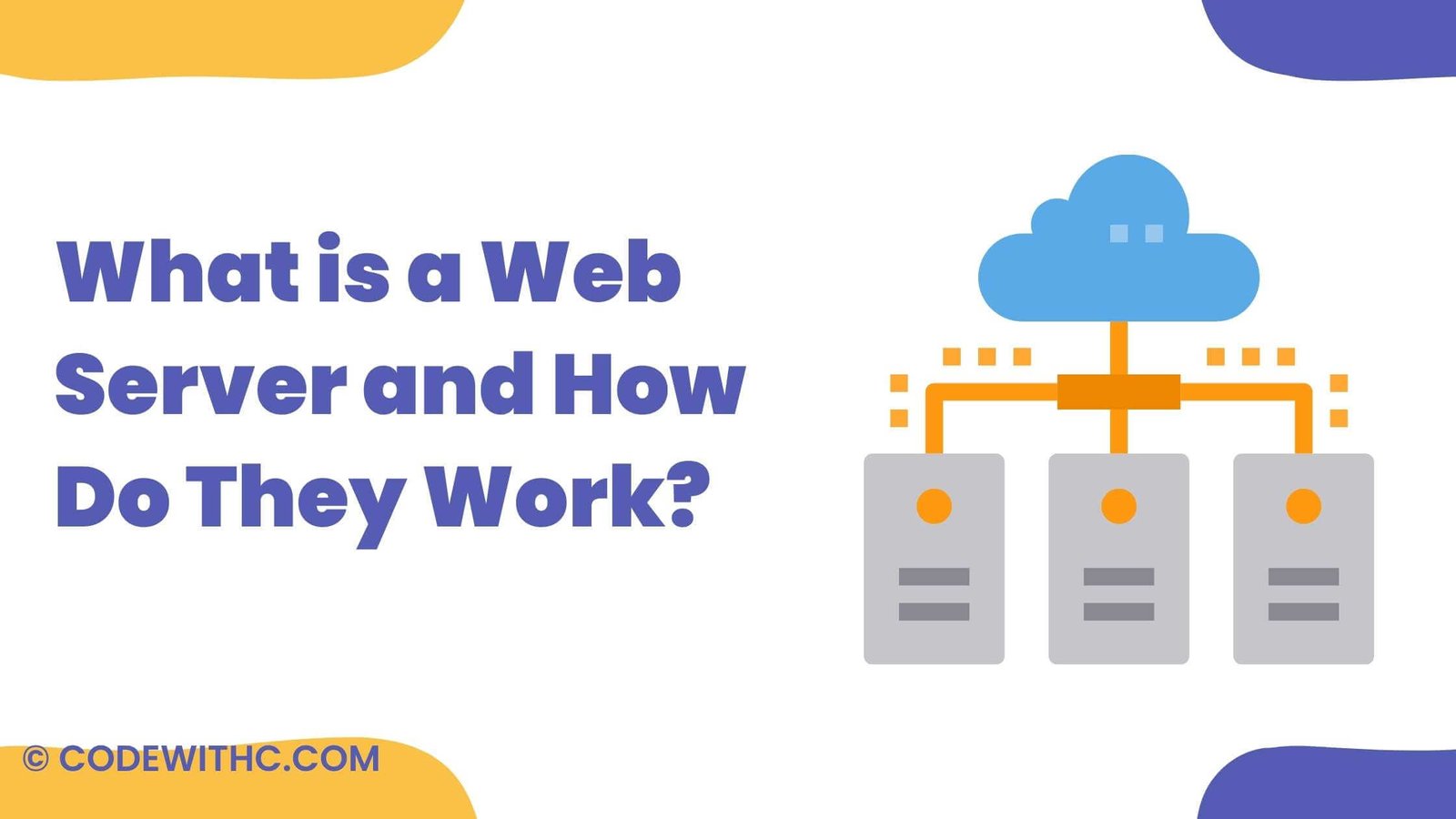The web server is the backbone of the internet, and yet most people have no idea what they are or how they work. This article will help you understand web servers and how they function.
Web servers are the computers that store and provide access to websites, and they are the heart of the internet. Without a web server, you wouldn’t be able to view any of the websites on the internet. There are a few different types of web servers that serve different purposes. Each type of web server is specifically designed to serve a certain purpose, and they all do their job in very similar ways.
Web servers are usually part of a larger network called the Internet. A computer connected to the internet that provides the service of a web server is called an IP address. An IP address is just a number that is assigned to every computer connected to the internet. A web server is accessed by typing the web server’s IP address into a web browser.
In order to connect to the internet, you need an ISP (internet service provider). Your ISP is responsible for providing the physical connection to the internet. Your ISP assigns an IP address to your computer. That IP address is what makes it possible to connect to the internet. You can’t connect to the internet without an IP address.
A web server is responsible for providing the service of serving a web page. If you wanted to visit the website of a friend, for example, you would type the friend’s IP address into your web browser. The web server would then connect to your computer through your ISP, and present the friend’s website to you. The website could have a homepage, or it could have multiple pages.
The web server would send the requested web page to your computer through your ISP. The computer would then display the web page to you. If the web server didn’t have a webpage, it would simply send you the index page of the site. You could then navigate around the site to see what it had to offer.
Most web servers serve static pages. Static pages are the pages that are displayed on a website when you visit it. Static pages are created by the web server. They don’t change. If you visit a website, the web server serves the page that it has stored on it. That web page will look the same every time you visit it.
Static pages are the most basic type of web pages. They are very simple to create and maintain. You don’t need to use a database. You can create a single page, and then keep it in a file. You can add new content to the file by typing it in yourself. As long as you keep the web server file in a constant state, you won’t need to update it when the site changes.
Some sites, however, use databases to store and maintain information about the site. If the site uses a database, the web server would update the web page based on the information that was stored in the database. The web server would query the database for the current status of the site, and then create a web page that reflected the current status.
You can have multiple web pages, but you can only have one home page. If the web server doesn’t have a home page, it will use the index page as the home page.
Web servers can also provide additional services. If a website uses a database, the web server would store the data in the database. It would also provide the ability to search the database for the requested information. It would also be able to search for new information in the database, and alert you to any changes.
You can also use the web server to provide a secure connection to your website. You can use a web server to make a secure connection to your website. The web server would provide the necessary security to protect you from anyone who would try to get the information on the site.
Web servers are very important to the functioning of the internet. They are the reason why you can access the internet. They are also the reason why you can view the websites that are on the internet.
